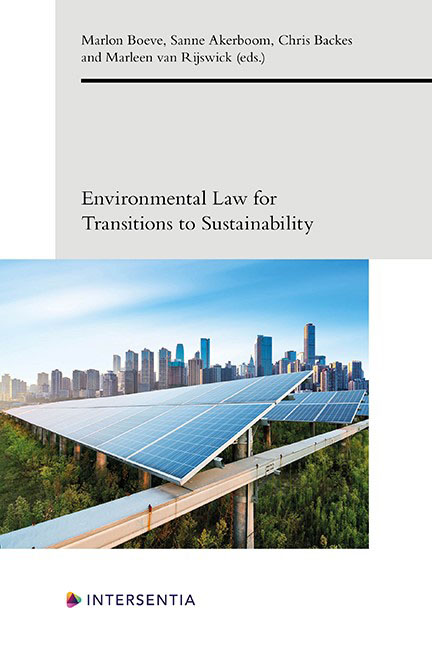Challenges and Prospects on the Application of Directive 92/43/EEC on Marine Ecosystems: Need for a New Legal Framework?
Published online by Cambridge University Press: 11 November 2021
Summary
INTRODUCTION
The conservation of marine biodiversity plays a central role in environmental protection. The main piece of EU legislation for the conservation of biodiversity remains the Directive 92/43/EEC– known as the Habitats Directive (HD).The rest of the legal framework consists of certain legal texts aiming at the transition to a sustainable marine environmental management model. This contribution attempts to address the question whether the current EU legal framework is sufficient for the protection of the marine environment. More specifically, given the deficiencies of the HD, it will be examined whether a higher – or at least equal – level of marine environmental protection can be achieved through other EU legislative acts mainly oriented toward sustainable management of marine resources. In this direction, the examples of some basic EU legal tools aiming to the consolidation of a sustainable development model in the marine environment will be studied. This question is often neglected in legal theory, which seems to be almost exclusively focused on the role of the HD in the EU biodiversity conservation system. To this end, the section 2 of the chapter will assess how the HD is implemented in the protection of the marine environment in general. A brief analysis will then follow (section 3) on the rest of the pieces of the EU legal framework on marine environmental protection and their potential for attaining biodiversity targets and filling in the gaps of the HD. In the final section (section 4), conclusive remarks on the adequacy of the current legal framework and the perspectives of its possible amendment in the future are presented.
THE IMPLEMENTATION OF THE HD FOR THE PROTECTION OF THE MARINE ENVIRONMENT
THE SCOPE OF THE DIRECTIVE AND THE CURRENT SITUATION OF MARINE ECOSYSTEMS
The HD is based on two pillars. Firstly, the Directive requires Member States to establish a site-based protection system of a coherent European ecological network of Sites of Community Importance (SCIs) known as Natura 2000 (Articles 3–). In this network the Special Areas of Conservation (SACs) are included as well as the Special Protection Areas (SPAs) under Directive 2009/147/EC (the so-called Birds Directive (BD)).
- Type
- Chapter
- Information
- Environmental Law for Transitions to Sustainability , pp. 299 - 312Publisher: IntersentiaPrint publication year: 2021



